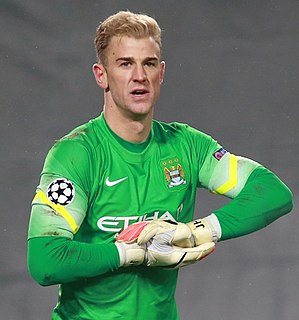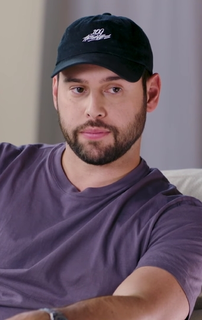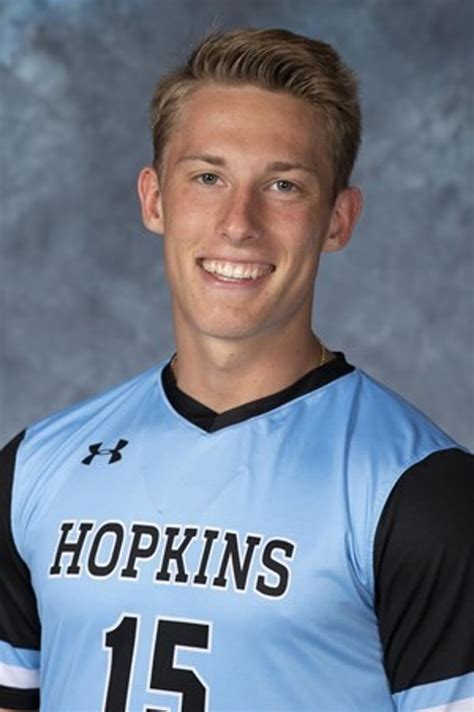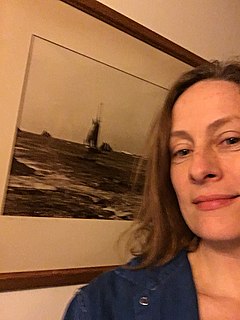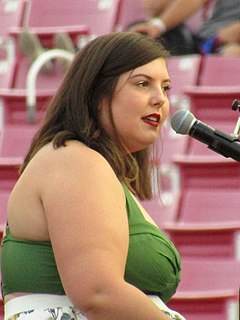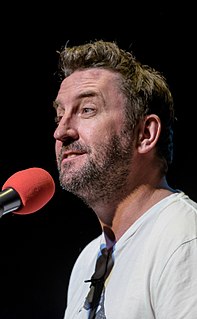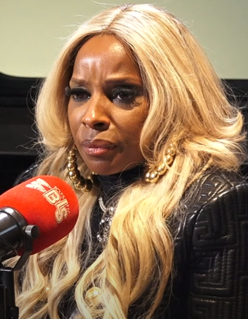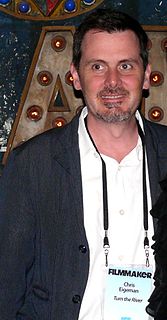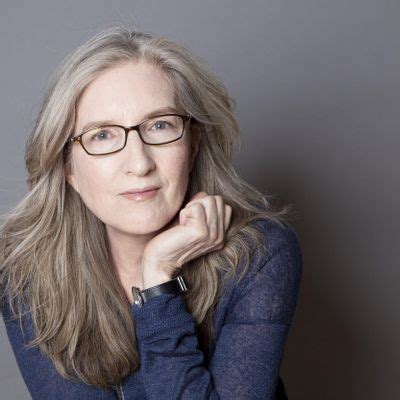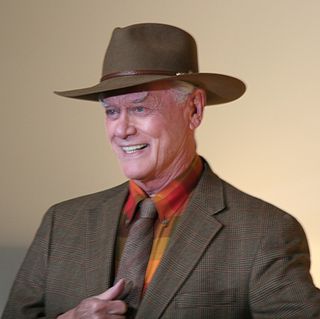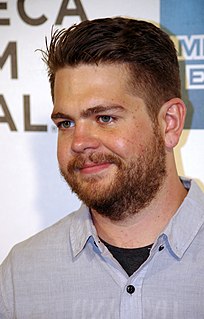A Quote by Joe Hart
I've got quite a few people who I hold close to my heart and I trust, and a lot of footballing opinions that I care about.
Related Quotes
It's hard to find people to trust in the record industry, always. It's an industry with a lot of bullshit. There's a lot of people who are in positions of power that really know nothing and care for nothing. So I think, yeah, you learn pretty early on that you've really got to trust yourself more than anybody else, and that nobody's going to care about what you do more than you.
While novels are fiction, mine are usually very close to my heart. Like my other books, 'The Lemon Orchard' is inspired by something I care about. I care so deeply. The stories are my dreams, and I want to do a lot of research. Roberto is based on a real live friend of mine named Armando who worked in my garden.
If you can't trust your boss - or your pension company - to take care of your investment, who can you trust? The vast majority of company chiefs take their responsibilities seriously and protect their workers' final salary pensions. But for too long, the reckless few playing fast and loose with people's futures have got away scot-free.
